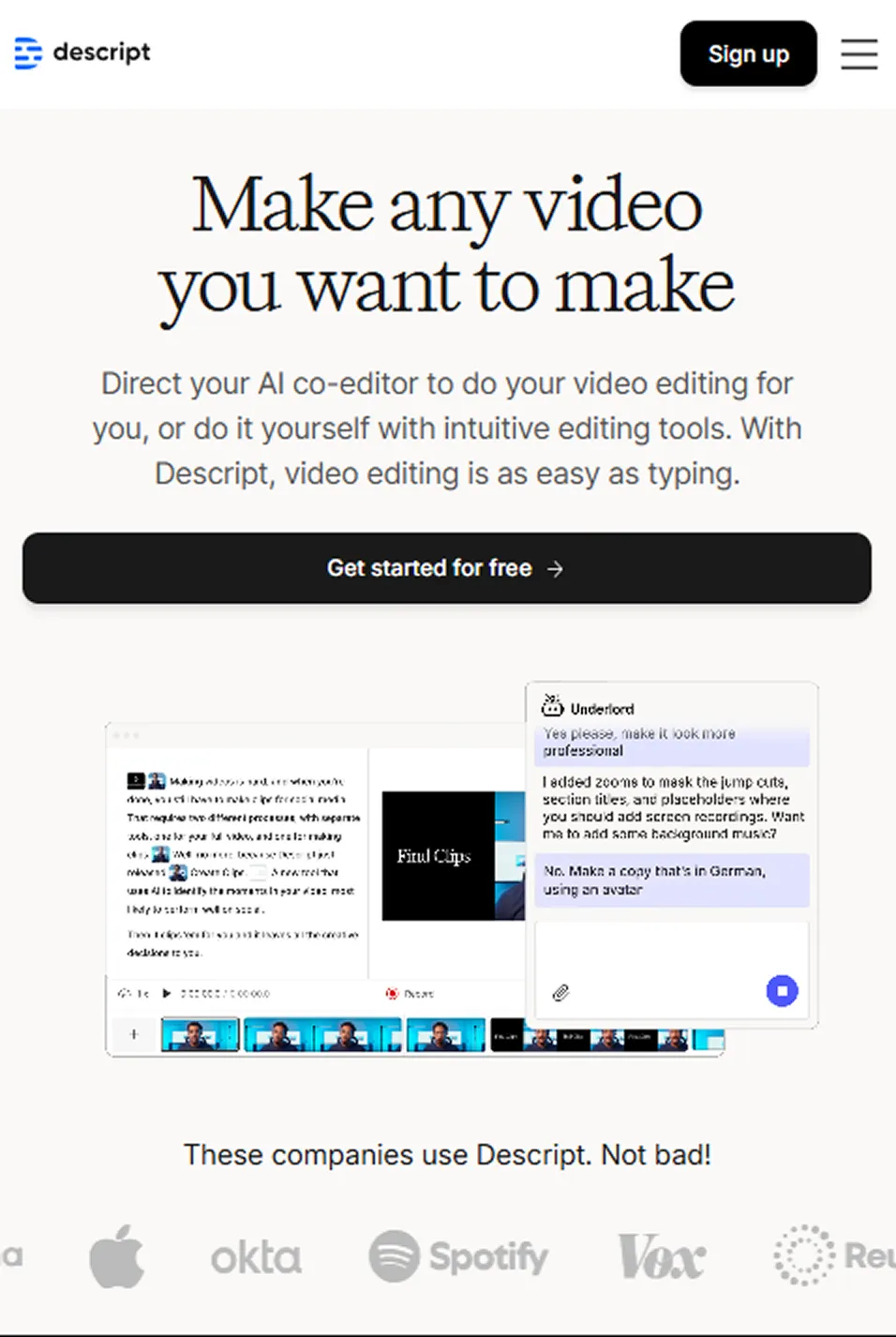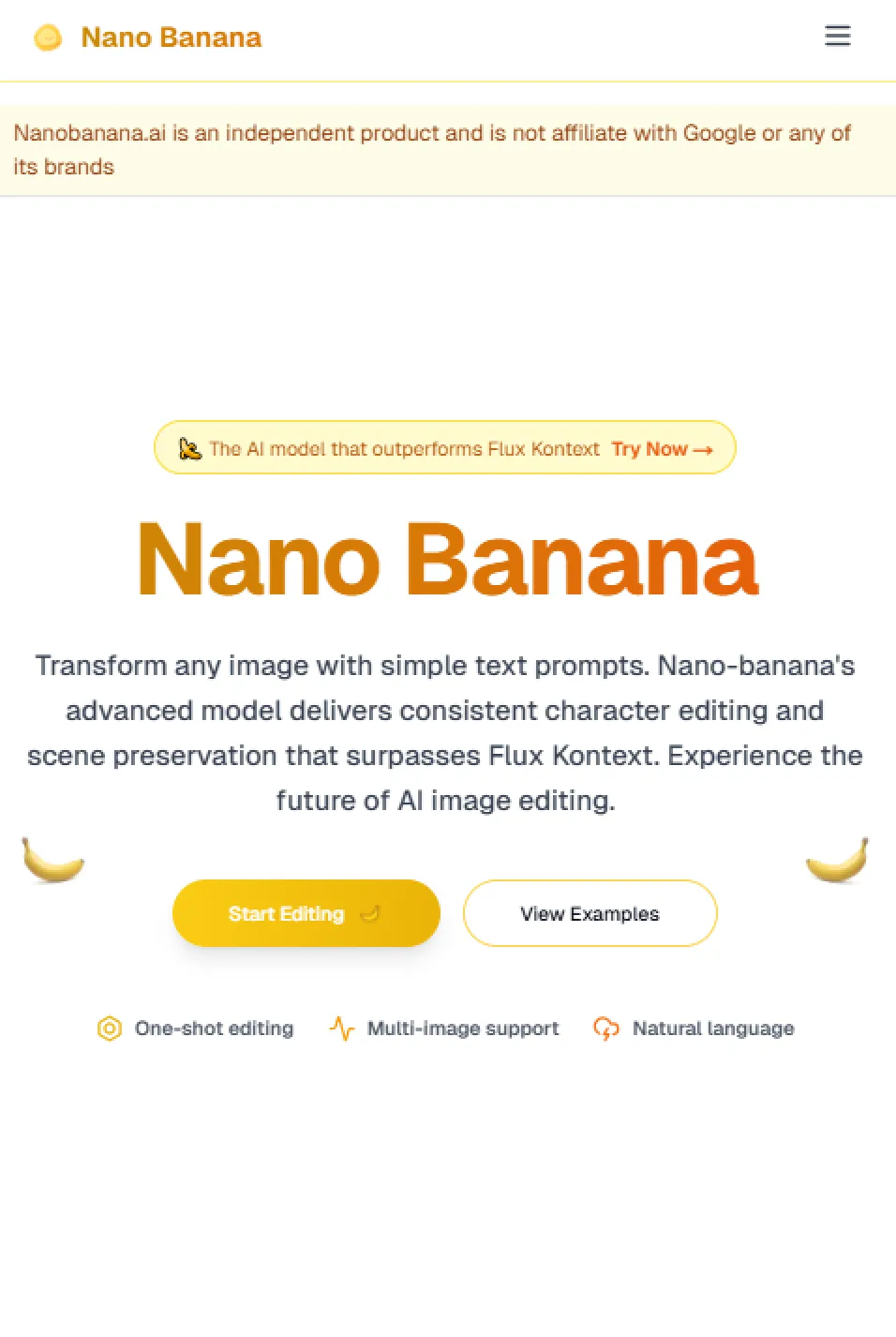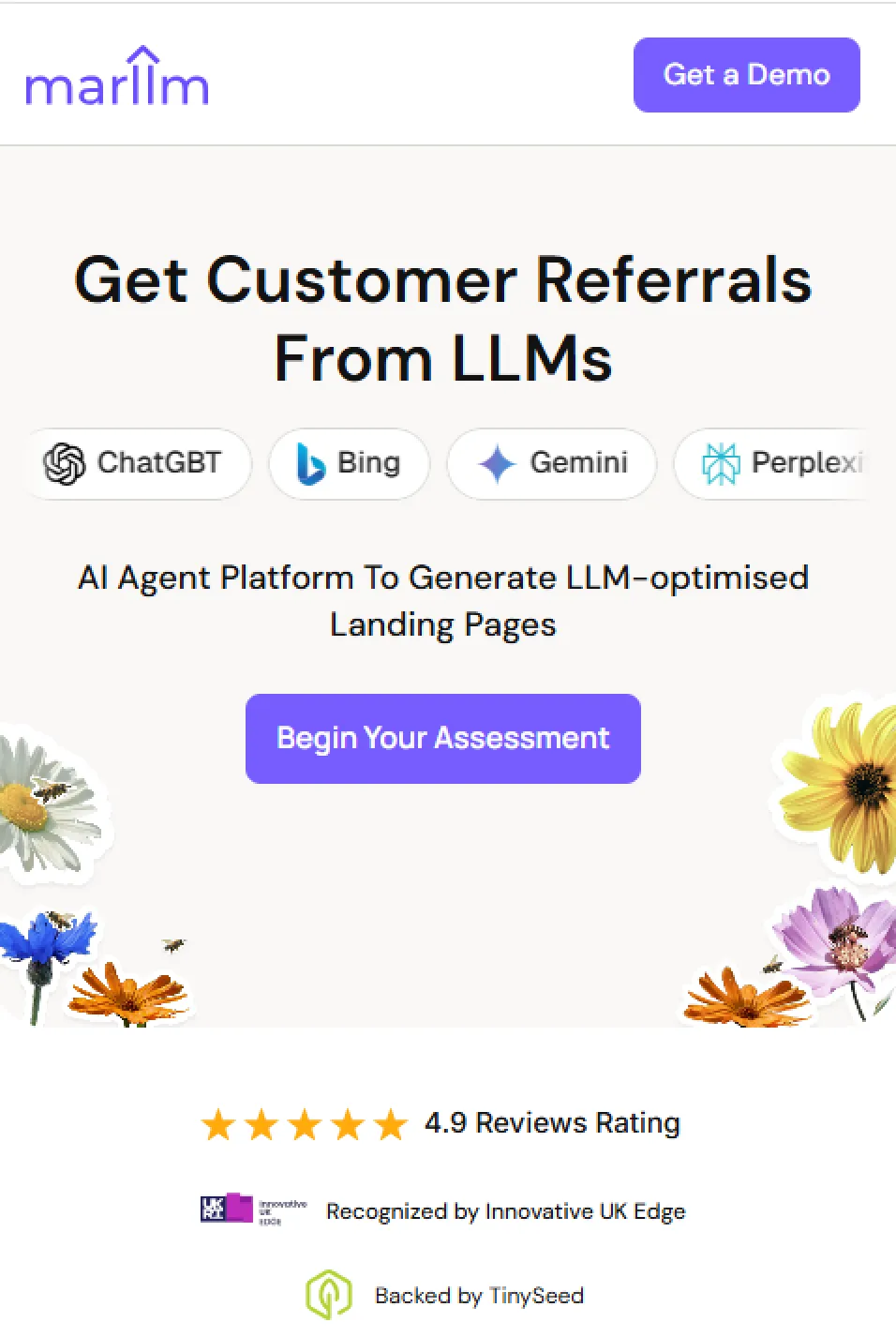From Agency to $100B Company: The Evolution of Growth Marketing
The landscape of growth marketing has undergone significant transformation over the last decade. Insights from Matias Saa, an expert who has driven strategies for major brands like American Express and Uber, shed light on current trends and practices in a domain increasingly influenced by AI.
The Transition from Agency to Brand
Matias’s journey began in London with media agencies, where he learned the intricacies of digital marketing. Yet, it was his shift to in-house roles at Uber and Amex that crystallized a pivotal realization.
He argued that getting traffic is just one part of the equation — equally important is conversion optimization—bridging SEO and CRO becomes vital in today’s digital ecosystem.
This holistic approach is what fueled his success at companies like American Express, where the focus was on genuinely addressing user needs rather than aggressive brand promotion.
Customer-First Content Strategy
During his role at Amex, Matias noted an exemplary model in content marketing, stressing the company’s dedication to customer-oriented strategies. Drawing on examples like Johnson & Johnson’s engaging baby care content, Amex produced extensive travel content to meet users’ needs while organically positioning themselves as a go-to financial solution.
"It was content marketing long before it became an industry buzzword, resulting in measurable organic growth that many companies still aspire to," Matias reflects.
Rapid Scaling: The Adyen Experience
Next came his experience at Adyen, where he witnessed explosive growth—from an $8 billion valuation to $100 billion—thanks to strategic content development.
"While product-led growth is talked about often, what I saw at Adyen was a strong sales drive backing a committed content push," he notes. This dual focus on audience understanding and content creation is crucial in today’s B2B landscape.
Overcoming Localization Challenges
At Wamo, where Matias now leads growth marketing, he faces unique localization challenges, especially in smaller markets. "Small markets are competitive with scarce marketing talent, and PR infrastructures that many larger companies take for granted are often lacking," he explains.
Harnessing local knowledge becomes indispensable. Whether for marllm’s fintech initiatives or B2B strategies, adapting content to resonate locally can prove more valuable than sophisticated tools lacking contextual understanding.
The Role of AI in Growth Marketing
The advent of AI, including tools like ChatGPT, has disrupted traditional marketing functions. Matias believes AI's strength lies in enhancing sales operations rather than replacing creative marketing.
While AI can quickly produce content, it lacks the human touch essential for building trust and emotional connections with customers. In an AI-driven era, human skills like relationship-building and market insight are crucial.
Lessons for Modern Marketers
As Matias reflects on his journey, several core principles emerge:
- Resource Reality: Startups need to be strategic about channel selection, given their limited resources compared to giants like Amex.
- Local Expertise: Effective localization requires deep market knowledge that tools cannot replicate.
- Evolving Content Strategies: The value of authentic, expert-driven content has increased as scrutiny of AI-generated content rises.
- Channel Diversification: Startups must employ a mix of organic methods and paid media for sustainable growth.
The Future Landscape of Growth Marketing
For growth marketers today, blending technology, creativity, and a nuanced understanding of local markets is essential. As tools become more advanced and AI continues to reshape the marketing domain, focusing on audience needs will remain paramount.
The key takeaway for marketers—whether working with a massive budget or bootstrapping—is the importance of genuine customer empathy.
With a seasoned perspective from Matias Saa, the challenges of growth marketing become clearer, revealing timeless truths that resonate in a fast-evolving digital ecosystem.























/27.png)




+(1).png)


